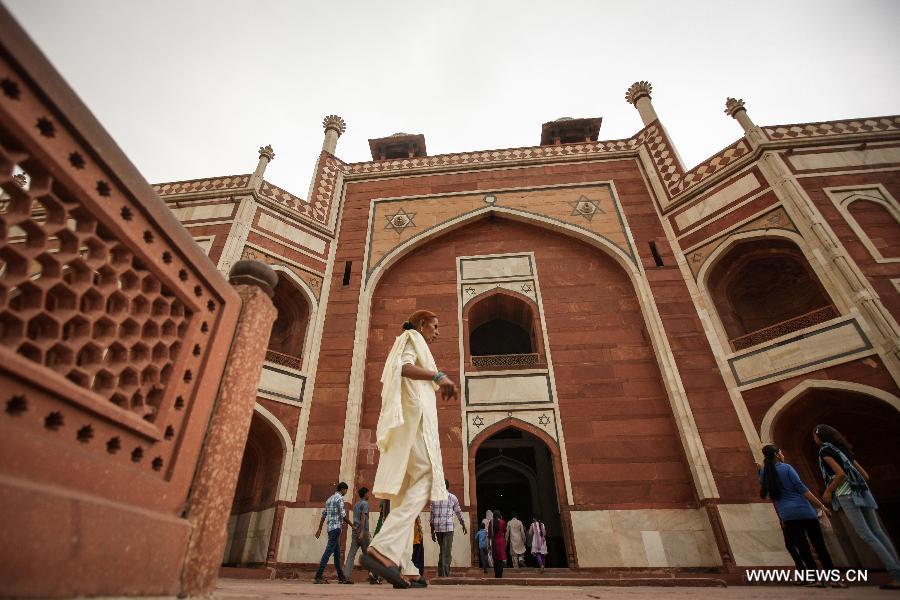
Full guarantees are given to ethnic autonomous areas to exercise autonomy. Regional ethnic autonomy is one of the basic political systems of China and also the basic policy for settlement of domestic ethnic issues. Ethnic autonomous regions have been basically established in areas where people of ethnic minority groups live in compact communities. In recent years, the Chinese government has made unswerving efforts to continuously adhere to and improve this basic system, adopt effective measures to respect and protect the right of the organs of self-government in ethnic autonomous areas to exercise autonomy, and take into full consideration the realities of the ethnic minority groups and ethnic autonomous areas when formulating policies. Earnest studies have been made on new problems arising in the implementation of the Law on Regional Ethnic Autonomy. In accordance with provisions of this law, the state loses no time in formulating supporting laws, regulations, measures and methods and formulating or revising autonomy-related regulations and other special regulations, thus gradually bringing into place a complete system of laws and regulations concerning ethnic affairs with Chinese characteristics. By intensifying inspection and supervision over the implementation of the Law on Regional Ethnic Autonomy and targeted studies on and settlement of difficult issues and other outstanding problems of common concern to officials and people of various ethnic minority groups, the real virtues of the system of regional ethnic autonomy have been brought into full play. At present, all the 55 ethnic minority groups have deputies to the National People's Congress and members to the Chinese People's Political Consultative Conference. An ethnic group having a population over one million has members on the NPC Standing Committee. Meanwhile, proactive efforts are made to train officials of ethnic minority origin and appoint them to the right posts. The central and local organs of state power as well as administrative, judicial and procuratorial organs have certain percentages of officials of ethnic minority origins. The chairpersons or vice-chairpersons of the standing committees of the people's congresses of all 155 areas where regional ethnic autonomy is exercised, as well as the heads of government of autonomous regions, prefectures, counties or banners are citizens of the ethnic group or groups exercising regional autonomy in the areas concerned.
Democracy building at the grassroots level further expands citizens' right to participate. Democracy at the grassroots level is an effective form for people to be masters of the country. It ensures the extensive and direct participation of all citizens in various social affairs via grassroots democracy mainly in the forms of villagers' self-government in rural areas, community residents' self-government in urban areas and congresses of workers and staff in enterprises and public institutions. Elections of rural villagers' committees and urban community residents' committees have been institutionalized and standardized and conducted in line with established procedures. In October 2010 the NPC Standing Committee amended the Organic Law of the Villagers' Committees, further improving and standardizing the election and removal procedures for their members. By the end of 2012, eight or nine rounds of elections for new rural villagers' committees had been held in most of the country' s provinces, autonomous regions and municipalities directly under the central government. Direct elections had been held for over 98 percent of the villagers' committees across the country, with villagers' participation reaching 95 percent. The proportion of female members in the villagers' committees increased slightly. Over 95 percent of villages had made their village affairs transparent; more than 90 percent of the counties had drawn up a list of village affairs that must be made known to all the villagers; and 91 percent of villages had set up bulletins where village affairs were made known to the public. Each year across the country about 1.7 million village officials report their performance to their fellow-villagers; more than 230,000 village officials have been subjected to audit of economic accountability; and nearly 2.09 million village officials have their performance commented by their fellow-villagers. Between 2010 and 2012, another round of elections for community residents' committees were carried out in most communities of Chinese cities, with the rate of direct elections topping 30 percent. The proportion of female members on urban community residents' committees reached 49.62 percent. Through such forms as consultation and democratic hearing at the residents' meetings, every member of a community is ensured to participate in public affairs and democratic decision-making on an equal footing.
【11】 【12】 【13】 【14】 【15】 【16】 【17】 【18】 【19】 【20】
【21】 【22】


















 Father arrested for 'torturing' teen daughter
Father arrested for 'torturing' teen daughter


![]()
